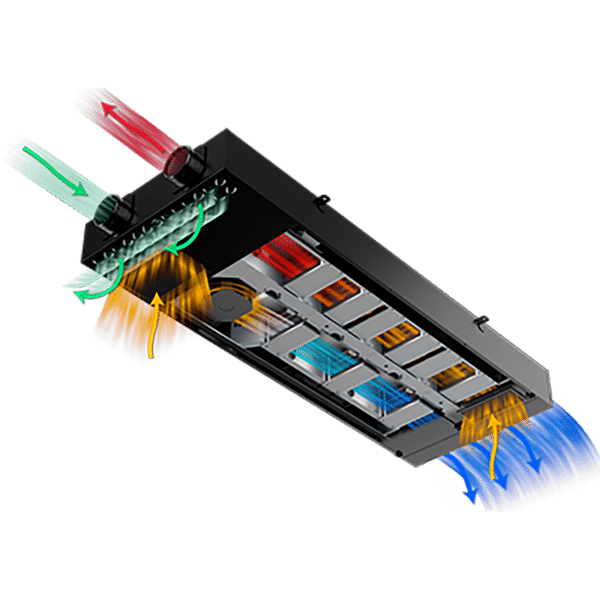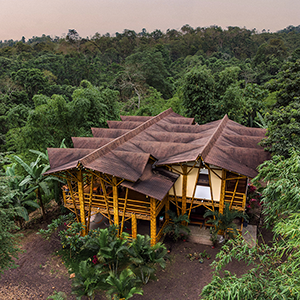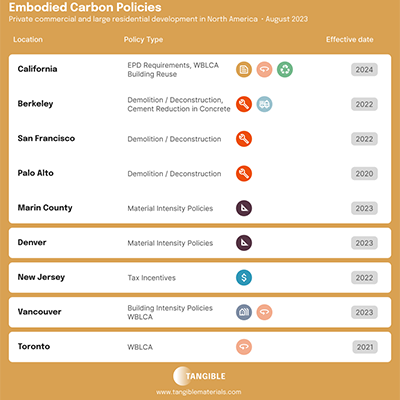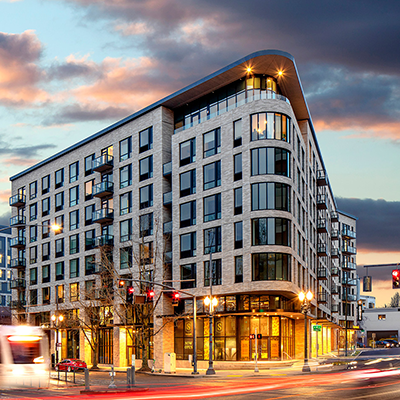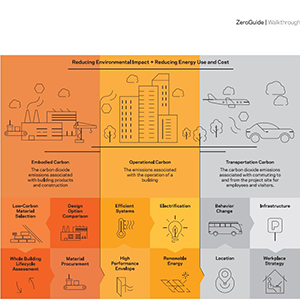Sharing a Vision of Robust Technical Guidance and Collective Action
by Frances Yang, Structures and Sustainability Specialist at Arup
Prior to the formation of the Carbon Leadership Forum (CLF) in 2009, there were few well established networks for Arup to share knowledge and insights on embodied carbon across the AEC industry. Since then, Arup has found in CLF a partner of mutual support and enrichment, sharing a vision of robust technical guidance and collective action to decarbonize our built environment.
Arup has provided expert review for an expansive suite of CLF-led work needed to propel our mission forward, including the LCA Practice Guide, US Concrete PCR version 1.0, the 2017 Benchmarking Study, and Material Baselines Methodology Beta. Simultaneously, CLF has played a key advisory role for many Arup efforts to tackle embodied carbon at scale.
Galvanizing engineers
One such example arose during the 2017 CLF benchmarking study, from which Arup realized that the industry requires better data to produce appropriate standards and targets. Recognizing that structures represent at least 50% of a building’s upfront embodied carbon, a small group of visionaries within CLF created the SE 2050, an initiative designed to empower structural engineers and their firms to produce data for setting benchmarks and reduction targets. An exciting milestone in our firm’s own embodied carbon journey, Arup was invited as one of two engineering firms to the founding group to pilot the idea. Naturally, when the SE 2050 Commitment Program officially launched at end of 2019, Arup was one of the inaugural signatories.
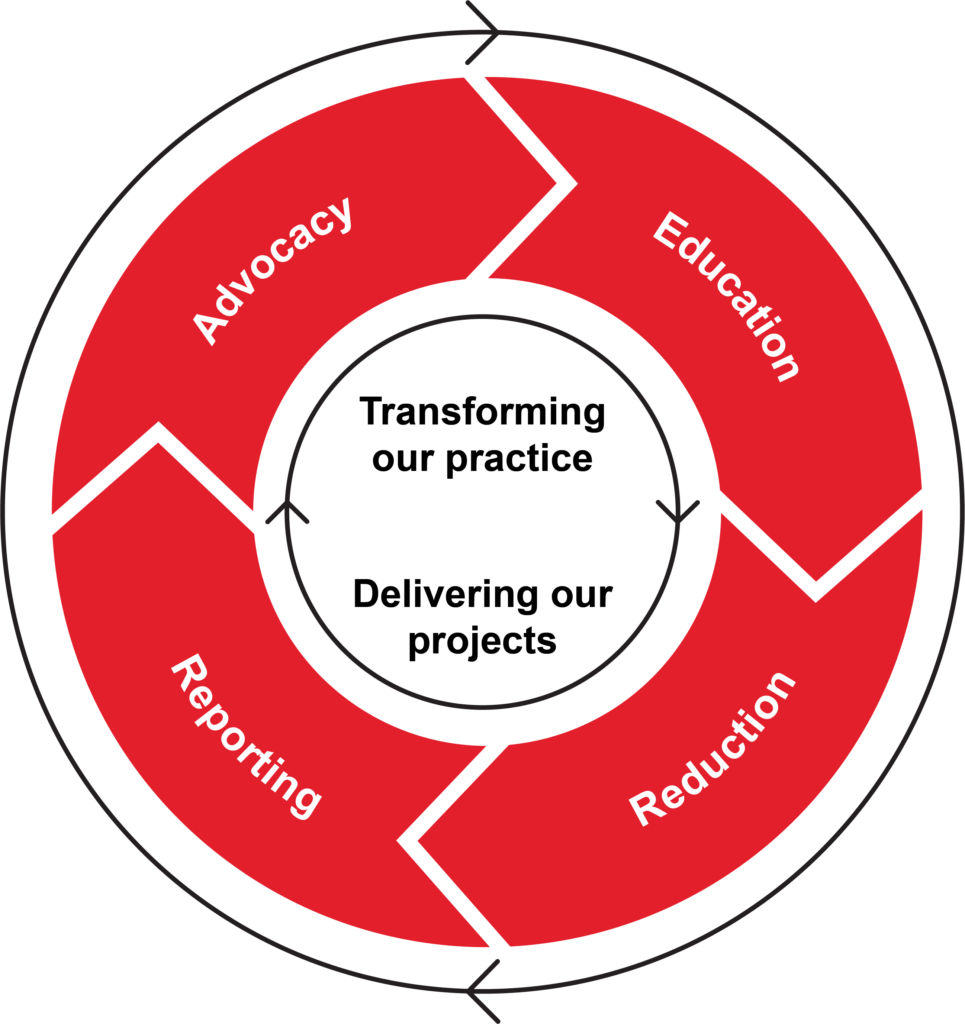
Strategic Focus Areas. Arup is working to achieve net zero embodied carbon structures by 2050.
Leveraging CLF resources to educate others throughout our eleven Americas offices has been a key component to executing our Embodied Carbon Action Plan. As a firm with three members in the SE 2050 leadership group, we are fully vested in the program and are excited for the second round of the CLF benchmarking study to utilize data collected by SE 2050.
Scaling change through local policy
It is rare that an engineering firm gets involved with policy change, but like CLF, Arup believes that in addition to educating our colleagues in the AEC industry, we need to influence policies that create opportunities for scalable progress. The Bay Area Low Carbon Concrete Code is an example of our continued partnership: Arup conducted data analysis to set embodied carbon limits (the essence of the code), wrote specification clauses, and assisted with five pilot projects; CLF facilitated stakeholder engagement for formalizing its adoption. The code sets a precedent for how municipalities can work closely with project teams and designers to specify and procure low carbon concrete. Moreover, it provides a replicable framework that can be adopted by regional concrete markets across the country
Tracking our own design influence
CLF’s fundamental belief in the importance of empowering the design community resonates with our firm’s actions to take ownership over our design influence. In 2021 we announced our commitment to Whole Lifecycle Carbon Assessments, both embodied and operational, on Arup’s building projects globally. Looking to achieve greater impact in the fight against climate change, we aim to account for, and reduce where possible, the embodied and operational carbon of our projects because the carbon emitted from the long-term outcomes of our professional services is magnitudes greater than our own corporate greenhouse gas emissions.
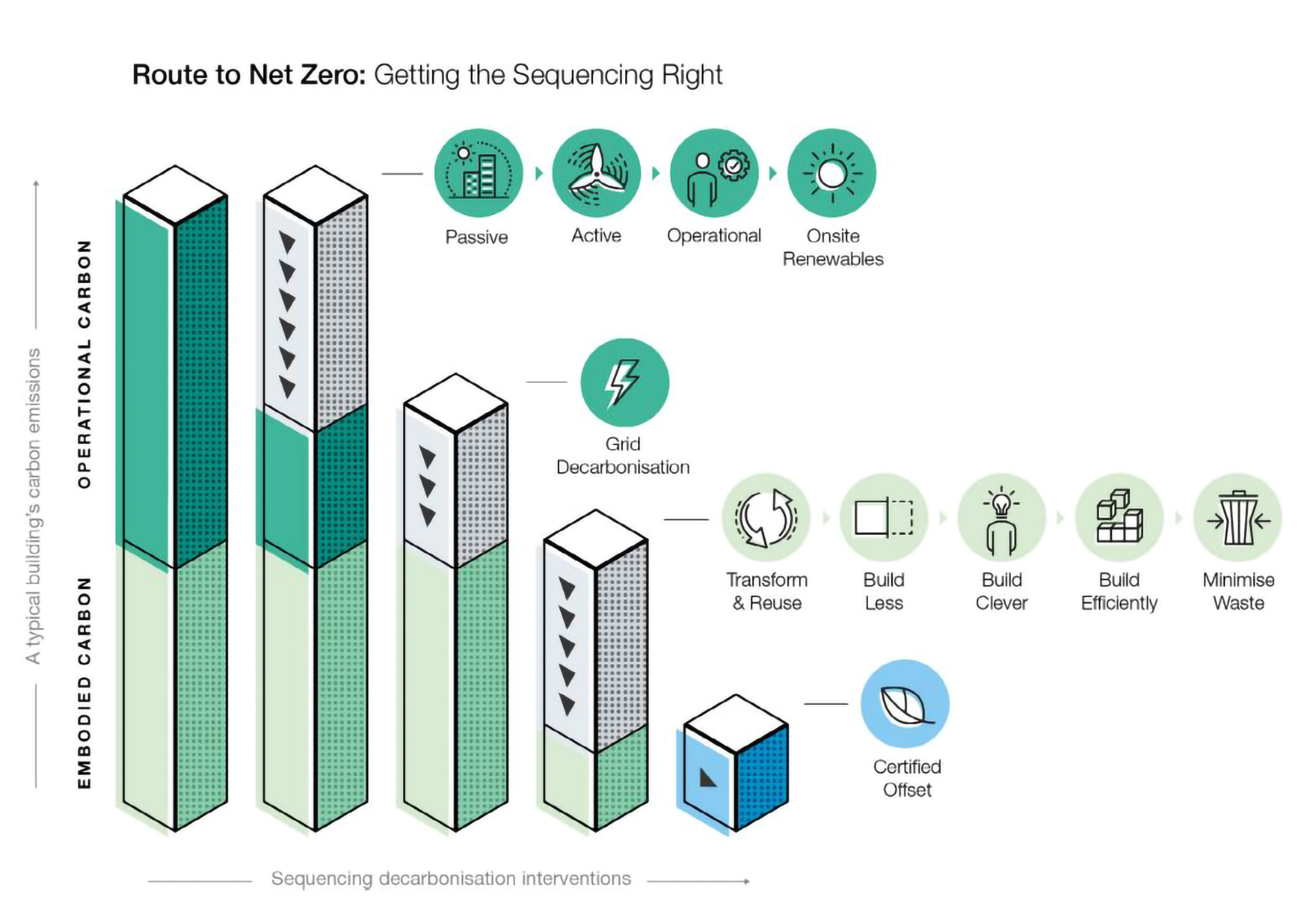
Arup’s strategic focus for getting to zero
As part of our assessments, we are using Arup’s Zero platform to collect data from our project teams depending on the size of the project and what systems were designed. By leveraging digital tools, we are better able to develop insights based on data from our multidisciplinary networks of experts, providing a fuller picture of how a design decision can be linked to carbon emissions. As we continually improve the quality of our data, we are grateful to CLF for their participation in the review of our methodology.
Doubling down on our commitments
Arup continues to expand participation with CLF through Christine Tiffin in San Francisco and Ashley Cooper in DC who are actively leading CLF regional hubs, and Frances Yang, who served on CLF’s Board for three years and helped guide the formation of SE 2050. As we have worked together to create opportunities for tangible change, we also acknowledge that our commitment requires financial support. Since 2013 Arup has provided sponsorship at the Platinum level, and we are proud to double our sponsorship this year as we step up to Diamond.
Expanding our fiscal support is a sign of the confidence we have in the value of working with CLF leadership and members, a relationship that has led us further and faster to where we are today and one that will propel us together to accelerate climate action throughout the AEC industry. (“Further, Faster, Together” was a motto used by the Carbon Leadership Forum for Climate Smart Building Day and in its Vision Statement the next year.)
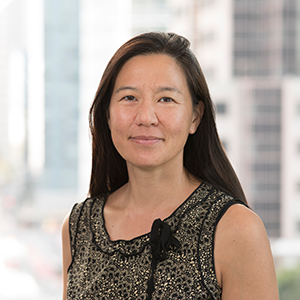
Frances Yang
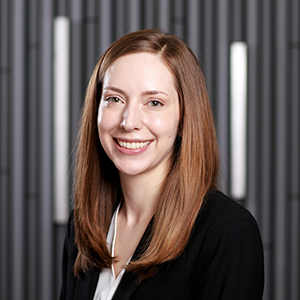
Christine Tiffin
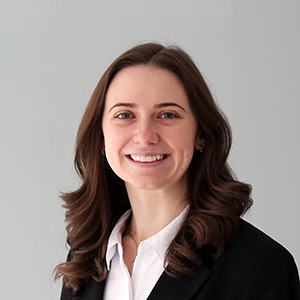
Ashley Cooper
We aim to account for, and reduce where possible, the embodied and operational carbon of our projects because the carbon emitted from the long-term outcomes of our professional services is magnitudes greater than our own corporate greenhouse gas emissions.


